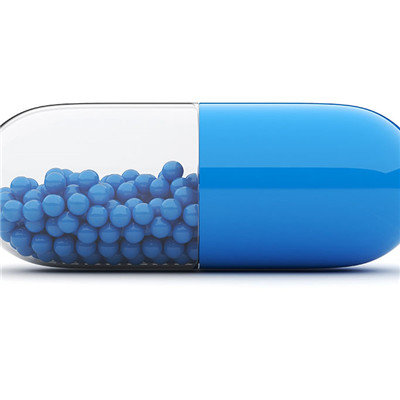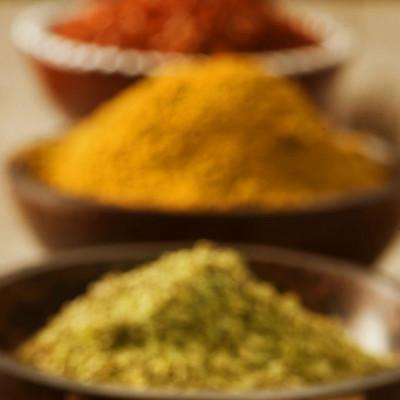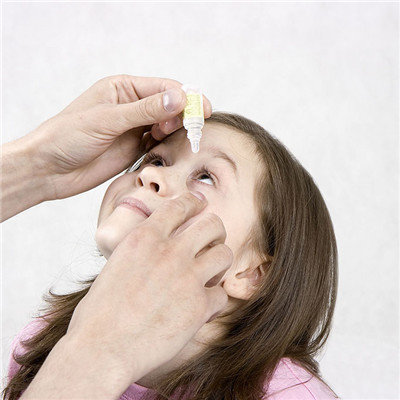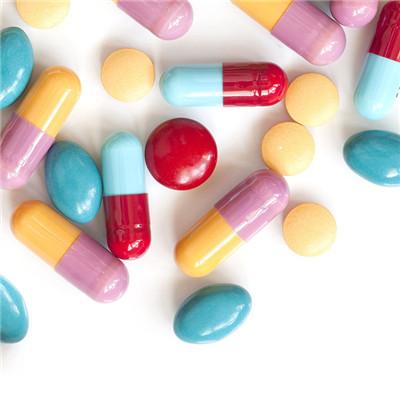Symptoms of pesticide poisoning?
summary
The term "pesticide" refers to drugs used to eliminate and control pests, pathogens, rodents, weeds and other harmful animals and plants harmful to crops and to regulate the growth of plants. According to their uses, they can be divided into insecticides, acaricides, nematicides, molluscicides, rodenticides, herbicides, defoliants and plant growth regulators. Pesticides are widely used, among which the varieties and dosage of pesticides are the most. The top four insecticides used in China are organophosphorus, organochlorine, Chlordimeform and carbamate. Symptoms of pesticide poisoning? Let's talk about it
Symptoms of pesticide poisoning?
The subjects with mild symptoms of muscarinic, nicotinic or central nervous system, but the whole blood cholinesterase activity was not less than 70%; Or no obvious clinical manifestation of poisoning, but the whole blood cholinesterase activity is below the top 705. Acute poisoning was based on the time, history of exposure to a large amount of organophosphorus, clinical manifestations and the decrease of whole blood cholinesterase activity. Occupational poisoning can be diagnosed only after comprehensive analysis and exclusion of other diseases with reference to the detection of working environment and skin pollution, determination of urinary metabolites, detection of residual food or gastric lavage fluid and population epidemiology.

The symptoms of dizziness, headache, nausea, vomiting, hyperhidrosis, chest tightness, blurred vision, weakness, etc. and the pupil may shrink within 24 hours after exposure to a large amount of organophosphorus pesticides in a short time. The activity of cholinesterase in whole blood is generally between 50% and 70%.

In addition to the above symptoms, acute severe poisoning with one of the following conditions can be diagnosed as severe poisoning: (1) pulmonary edema( 2) Coma( 3) Respiratory paralysis( 4) Brain edema. The whole blood cholinesterase activity is generally below 30%.

matters needing attention
1. Vegetables with less pesticide residues were selected. When some people buy vegetables, they deliberately choose those vegetables with insect population, which is reasonable. Because the number of insects is more, the types and concentrations of pesticides used are relatively less serious. 2. Vegetables with less pesticide pollution were selected. In leafy vegetables, lettuce, celery, chrysanthemum and other vegetables are less infected by diseases and pests, so the application of pesticides is less. Vegetables with underground parts as edible parts, such as radish, carrot, potato, taro and arrowhead, are safe to eat because their edible parts grow in the soil and are difficult to directly contact with pesticides. If you can choose soilless vegetables without pesticides, you can rest assured.














